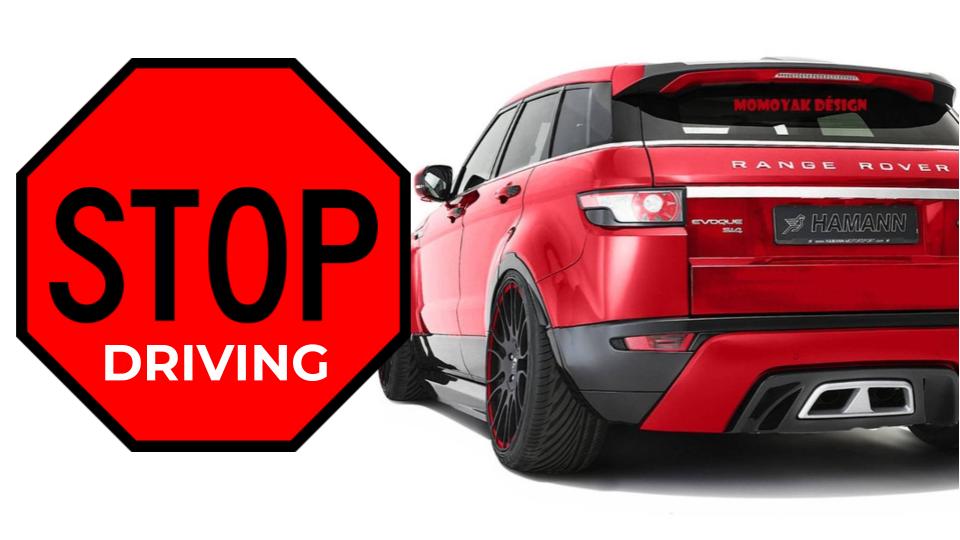More often than not, people only think about buying a car and learning how to drive. The majority of car owners never think of when they need to stop driving. The fact here is that there is a time for everything and understanding when you should actively stop driving is an important component of owning a car.
No doubt, the limitations that come with advancement in age and illness can be existential. Nevertheless, for the purpose of safety, it is best to stop driving if you feel there is any inhibition interfering with your driving. Here some signs you should look out for.
1. Close Calls
It is only human to make driving mistakes once in a while due to factors ranging from tiredness or the recklessness of other drivers. But when you find incidences of near-crashes becoming quite frequent, it could be as a result of slower motor skills and poor eyesight. Since there is no measurement for predicting how many near misses equal an accident, it is advisable to quit driving once they go beyond four or five.
2. An Increase in Dents and Scrapes
Dents and scrapes could be as a result of other cars running into yours carelessly. But when the tide turns and the blemishes are from your own mistakes, then it is time to assess the situation. It could be a sign that your driving skills may be getting rusty.
3. Getting Lost
Even the most savvy drivers sometimes lose their way every once in a while. But when this occurs for older drivers with remarkable frequency, then it presents itself as food for thought. It could be as a result of cognitive decline, which could be another sign that you need to stop driving.
4. Difficulty Seeing Road Markers
The eyes are very important to safe driving. Once you begin to experience difficulty in seeing things like traffic signs to pavement markings, then it is time to take a closer look at the situation. A trip to the doctor could tell whether the cause is a result of vision or cognition. Cognitive decline is known to manifest in terms of misgauging distances at intersections.
5. Slower Reflexes
With the passage of time, the reflexes begin to show signs of decline. This automatically translates to slower responses in cases of sudden driving events. If you or your loved ones observe a slow response time to issues, or you are having a hard time keeping the pedals straight, please regard this as a safety concern that must be treated with utmost urgency.
6. Changes in Mood While Driving
Driving is one of the activities that demand full concentration. Many incidence of road traffic accidents is chiefly due to distractions on the road. This could range from road rage to flimsy distractions. If this occurs too often, then it might be time for you to stop driving.
7. Increasing Physical Limitations
Physical limitations such as chronic pain or lack of mobility can drastically affect your ability to check the rearview mirror, stay in your lane, or use a turn signal. An inability to make use of these essential driving techniques is a sure recipe for doom on the road.
Equally, hearing problems are just as critical as issues relating to vision.
Final Thoughts on When You Should Stop Driving
To stop driving doesn’t translate into giving up your car or selling it. Rather, what this simply translates to is that you don’t have to sit behind the wheels.
When you get to the point where you need to stop driving, you can hire a driver to drive you around. The driver could be a full-time driver or one who works for you on a contract basis.
However, before you hire anyone to drive you around, you need to arm yourself with the right interview questions for drivers. These questions are designed to help you hire the right person, especially if you have never hired one before.
